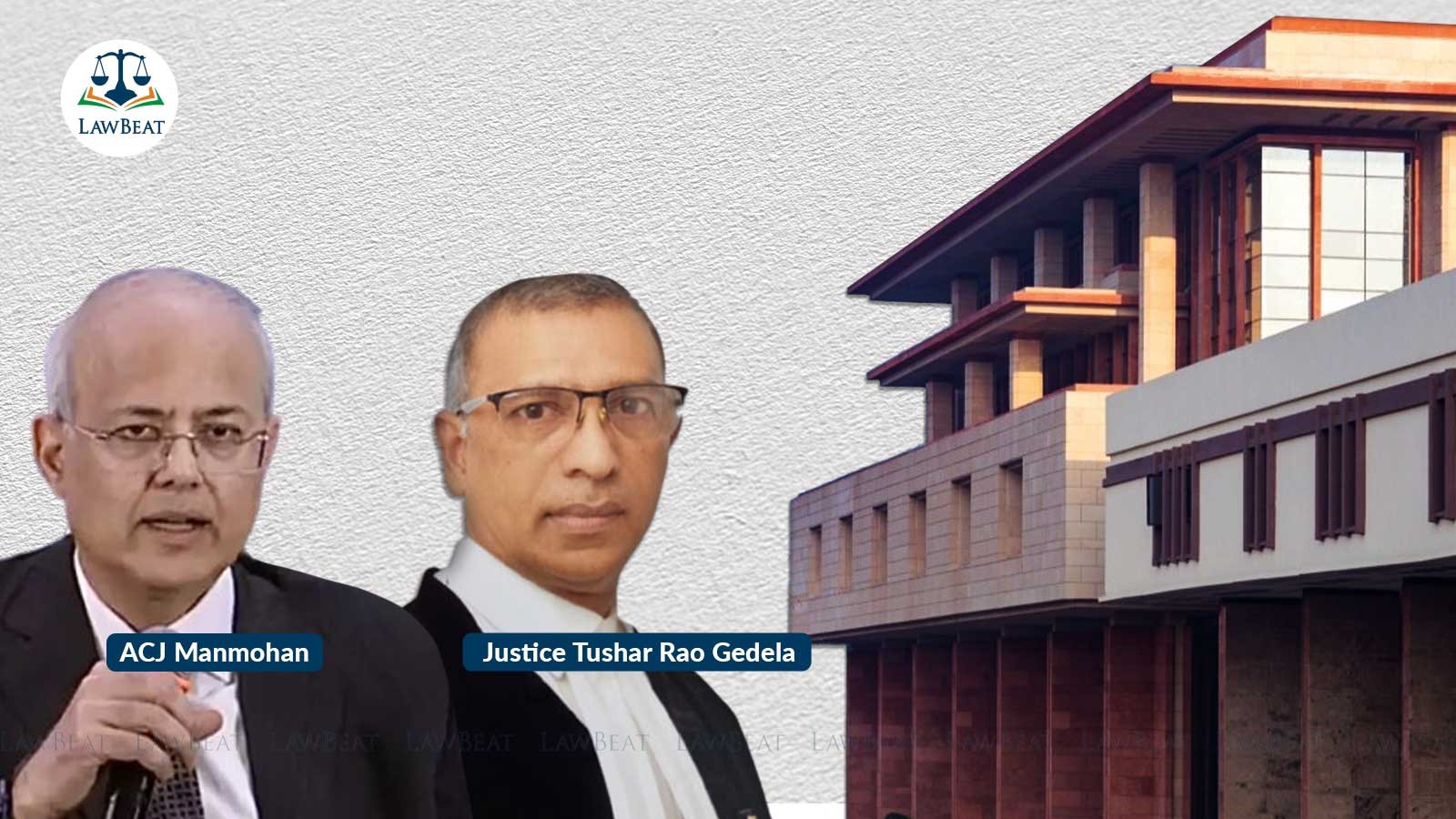Delhi HC Directs Govt To Treat Plea Seeking Inclusion Of Unnatural Offences In BNS As Representation

A writ petition was filed seeking directives against the Central Government to restore legal protections against non-consensual sexual acts, akin to those previously provided under Section 377 IPC.
The Delhi High Court, in a recent ruling, directed the Central Government Government to treat a petition seeking the inclusion of non-consensual unnatural acts in the Bharatiya Nyaya Sanhita (BNS) as a formal representation.
The bench of Acting Chief Justice Manmohan and Justice Tushar Gedela, while highlighting the necessity of addressing the matter promptly, emphasized, “There cannot be a vacuum in the criminal laws”.
The petition, which highlighted concerns over the lack of legal provisions similar to Section 377 of the Indian Penal Code, was filed to ensure the protection of individuals, especially within the LGBTQIA community. In an earlier order, the court directed the Central Government to file their response.
The counsel representing the Central Government acknowledged that Section 377 had been struck down but noted that non-consensual acts remained criminal. The court urged the Central Government to expedite the resolution of the issue, pointing out that if a legislative gap persists, it could be construed as bodily harm under existing laws.
The petitioner proposed that guidelines established in the Vishakha case be implemented until the Central Government makes a definitive decision. In response, the counsel for the Central Government indicated that amendments to the definition provision, particularly Section 2, were necessary and that these changes would entail further modifications across various legal provisions.
The court recognized that the PIL was filed to safeguard the LGBTQIA community, which may be at risk of non-consensual sexual acts due to the existing legal gap. The petitioner argued that this omission jeopardized the safety and dignity of the community and undermined the jurisprudence established by the Supreme Court in Navtej Singh Johar case.
The Central Government requested that the petition be treated as a representation to the relevant authorities, allowing them to consider the issue comprehensively and make the necessary revisions to the new criminal laws.
The court noted that the Central Government had submitted a letter from a Joint Secretary to the Government of India, indicating an intent to make various offenses gender-neutral and ensure that perpetrators, regardless of gender, could be recognized as wrongdoers.
Accordingly, the court directed the Central Government of India to treat the writ petition as a representation and to address it as expeditiously as possible. The court also granted the petitioner the liberty to revive the writ petition, preferably within six months, if there were delays in addressing the representation.
Case Title: Gantavya Gulati v Central Government Of India (W.P. Crl- 2474/2024)
